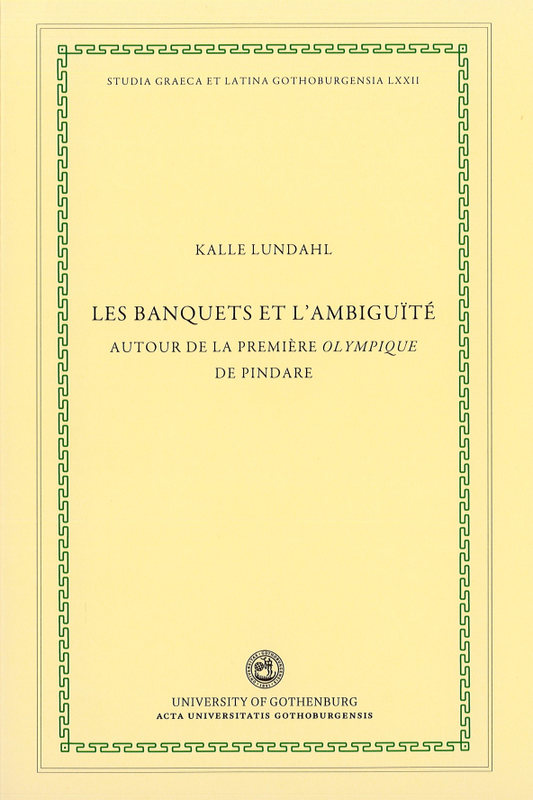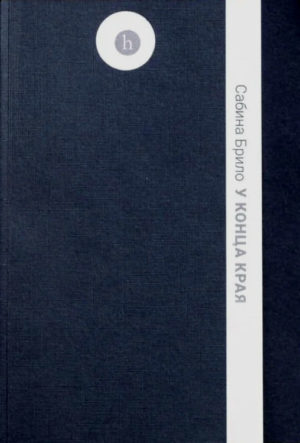The present book studies metaphors relating to the Ancient Greek banquet and symposion (drinking party) in the poetry of Pindar from Thebes (518–438 BC). The focus is on the First Olympian Ode composed in honor of Hieron, the ruler of Syracuse, whose horse and its jockey were victorious in the single horse race in Olympia in 476 BC. The first part of the First Olympian includes a celebration of Hieron’s hospitality around his table in Syracuse. The final part celebrates a banquet in Olympia in honor of Pelops, the legendary founder of the Olympic games. The book argues that the drawback of earlier scholarship is the monosemous view, according to which only one interpretation of a word or passage is possible. Instead, this monograph proposes that the Theban poet always looks for as many complementary compliments to say about his heroes, gods, patrons and himself as possible but using as few words as possible. To achieve that aim, Pindar uses intentional ambiguities. The book has two parts. The first one studies metaphors relating to water, gold, hearth/Hestia, apples, sheep, and crater. The second part analyses the symbolism of wine, blood, couch, grave, servant, and altar. This monograph also examines the subject of personification in the chapters “Hestia,” “La klinê,” and “La tombe comme serviteur.”





